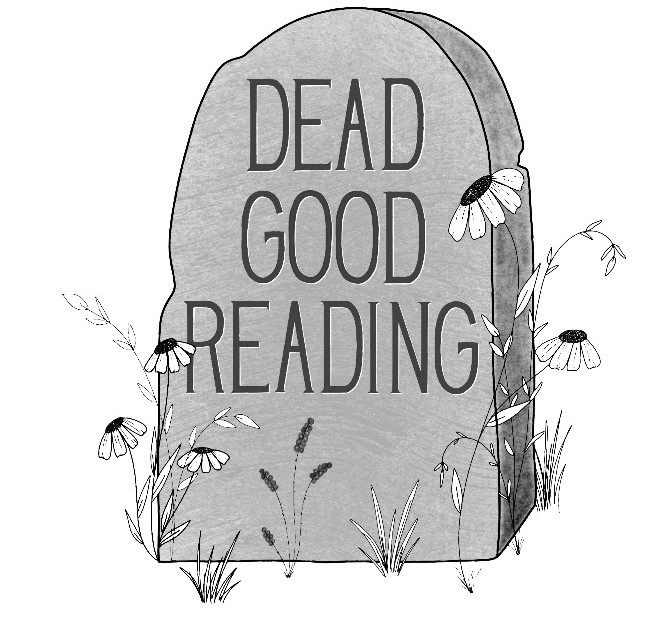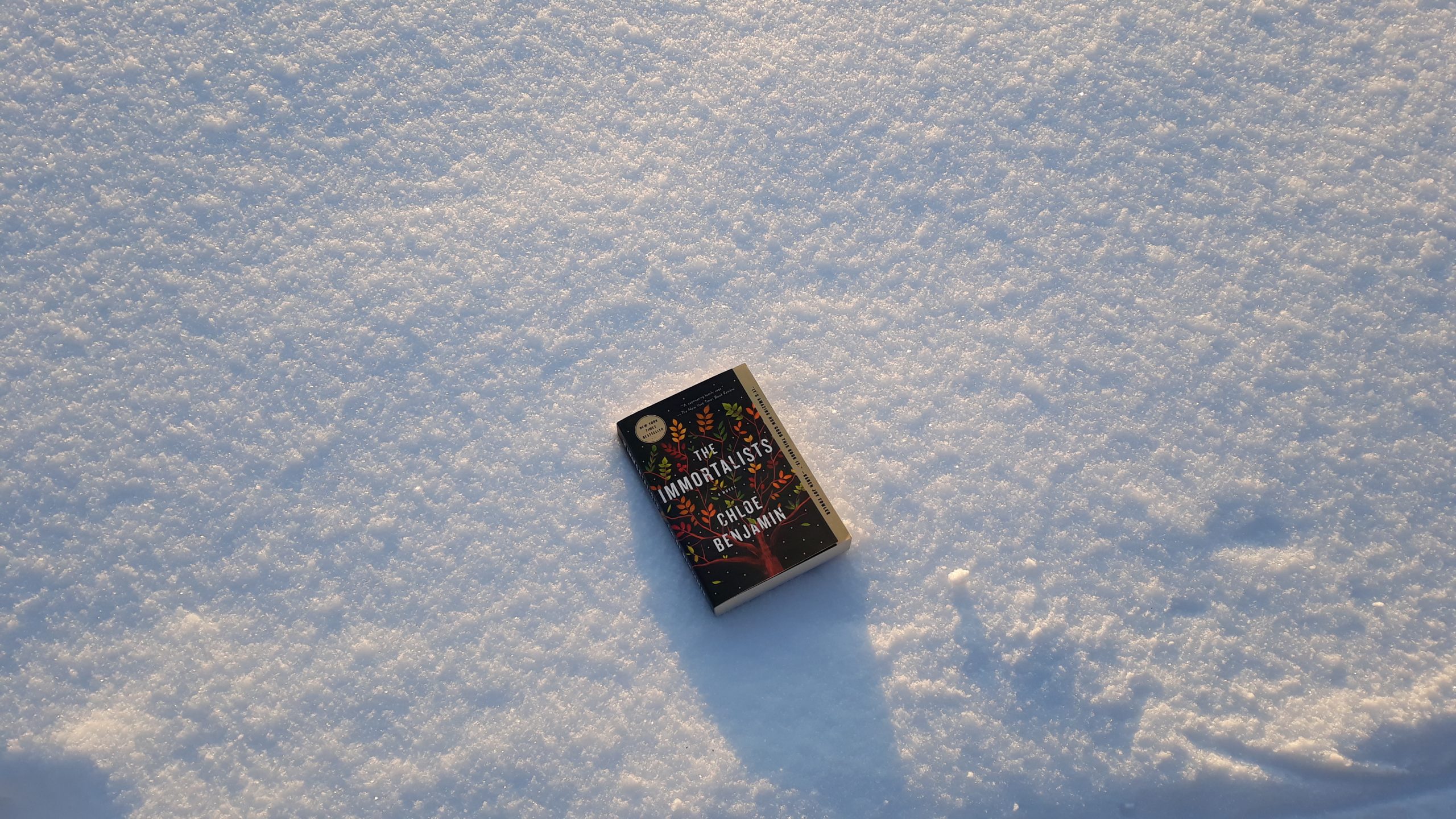Would knowing when you die change the way you live? Chloe Benjamin explores this theme in her book The Immortalists.
The year is 1969. The place is New York. The Gold children have heard of a fortune teller who is able to predict when you are going to die. Trough the grapevine they find the woman’s address. One by one they are invited in her home. One by one they are told when they are going to die. Varya, the eldest sibling, goes in last:
“The rishika turns Varya’s hand over and sets it down on the table. “January 21st, 2044.” Her voice is matter-of-fact, as if she is stating the temperature, or the winner of the ballgame. “You got plenty of time.” ”
— The Immortalists, Page 16
Varya, is predicted to live a long life. But not all her siblings are given such a generous expiration date. This knowledge of their death day affects each sibling differently, and while they don’t discuss it with each other their own prediction is often in the back of their minds.
The book is divided in four sections, each focusing on the live of a single sibling. Daniel takes us to San Francisco, where he explores his sexuality and the emerging gay scene. Klara shows us the fantastical life of being a magician. Daniel becomes an army doctor but is also obsessed with finding the fortune teller, as he is very much haunted by the prediction. Varya, ends up as a biologist, interested in slowing down ageing processes and increasing people’s lifespan. The prediction of a very long life does not calm her, quite the contrary, it makes her determined to life a healthy life, and to stretch that life as long as possible.
It is an interesting predicament, and one that gives food for thought. In the last century life expectancy has increased drastically, and the current life expectancy for people born today in Finland is 82 years. In contrast, it is 78 years in the United States and 55 in Nigeria. There is great inequality in life expectancy and where you are born gives an indication of how long you’ll live. People born in certain places expect to live to a certain age, and might make certain choices, take risks, or not, because of this.
In my doctoral research I interviewed older people in southwest England and I vividly remember one woman in her late 80s say “ With a mother who died at 60 and a father who died at 70, you reckon you probably not going to last longer than 80!” Surprise about ‘still’ being alive was common among participants in my study and this does give you pause about what it actually means to live longer and longer. If they would have known from the start that they would live well into their 80s or 90s would they have made different decisions?
The Immortalists is a wonderful book that gives a glimpse inside live in the US in the last century, and how a Jewish family copes with love, loss and family bonds. Reading this book leaves the reader with a dilemma: is the fortune teller right and were the Gold children’s death days set in stone, or has knowing about their dates and their subsequent life choices made it true?


Leave a Reply